The definitive guide to adaptogenic herbs, formerly known as “tonics,” that counter the effects of age and stress on the body.
I purchased this on Kindle after finishing The Rhodiola Revolution. After reading the previous book, perusing at least a couple hundred studies on Pubmed along with digesting the questionable grammar of numerous self-reporters posting in various forums there were just a few things this book enlightened me about...
The Adaptogens are hepatoprotective
Fortunately, many adaptogens are hepatoprotective and help protect against liver damage and dysfunction. (p. 107)
Schisandra is the most beneficial adaptogen for the liver. It is hepatoprotective and helps regenerate liver cells and increases the presence of hepatic glutathione, an essential liver nutrient. In animal studies, it has been shown to significantly protect against chemical- and drug-induced liver damage and promote the healing of existing damage. (p. 108)
This is particularly important to Biohackers who are throwing a bunch of strange molecules at our neurobiology that are likely stressing our livers.
There are a couple of things that add an air of mystery to the Adaptogens, like the nature of the autonomic nervous system...
It consists of two physiologically and anatomically distinct, mutually antagonistic components: the sympathetic nervous system and the parasympathetic nervous system. The two subdivisions function in a dynamic balance aiming at homeostasis. (pp. 68-69)
Irreducible mechanism of action
The belief that each herb has a single active constituent is usually false. (p. 127)
There was an interesting case study where they thought they had isolated the individual Gensenoside that was the active ingredient and when they used it alone it had zero effect.
When this substance was isolated and extracted, it was found to have no activity. Interestingly, when researchers tried giving the herb minus this specific chemical to animals, it no longer worked either. The active constituent of hawthorn turned out to be the herb itself. (p. 30)
The mechanisms of the Adaptogens don't quite fit squarely into our logical cause-and-effect scientific models.
"Bad science"
Part of the book makes the (debatable) point that published scientific research is an unreliable source of information. To quote John Ioannidis, Ph.D...
“The great majority of published research is so deeply flawed that it should be considered essentially worthless.” (p. 54)
Ioannidis singled out the following types of studies as being particularly likely to lead to a worthless result: Studies with a small sample size; Studies that consider a small number of possible effects; Studies whose outcomes are poorly or subjectively defined; Studies in which financial conflict of interest is a factor; Studies in which the researchers are prejudiced by being unduly wedded to a particular outcome; and Studies of a topic that is currently “hot.” (p. 55)
For example:
Dr. Ronald Siegel’s theoretical “ginseng abuse syndrome” continues to be mentioned even after being discredited more than twenty years ago. In Siegel’s study, all subjects who had the “syndrome” consumed ginseng together with caffeinated beverages and developed symptoms of elevated blood pressure, anxiety, and insomnia. What he described had little to do with ginseng and everything to do with excessive caffeine consumption—it was actually “caffeine abuse” not “ginseng abuse.” (p. 57)
A final takeaway from the book
Medicinal traditions and the consensus of anecdotal reports about a drug or herb should be weighed equally with what the studies on Pubmed are saying. Which is kind of interesting, see my article with a methodology for spotting bad science.
The book itself is quite a dry read, it put me to sleep on more than a few nights. I don't really recommend reading it unless you are tremendously curious about Adaptogens.
Support me on Substack? For $7/monthly?
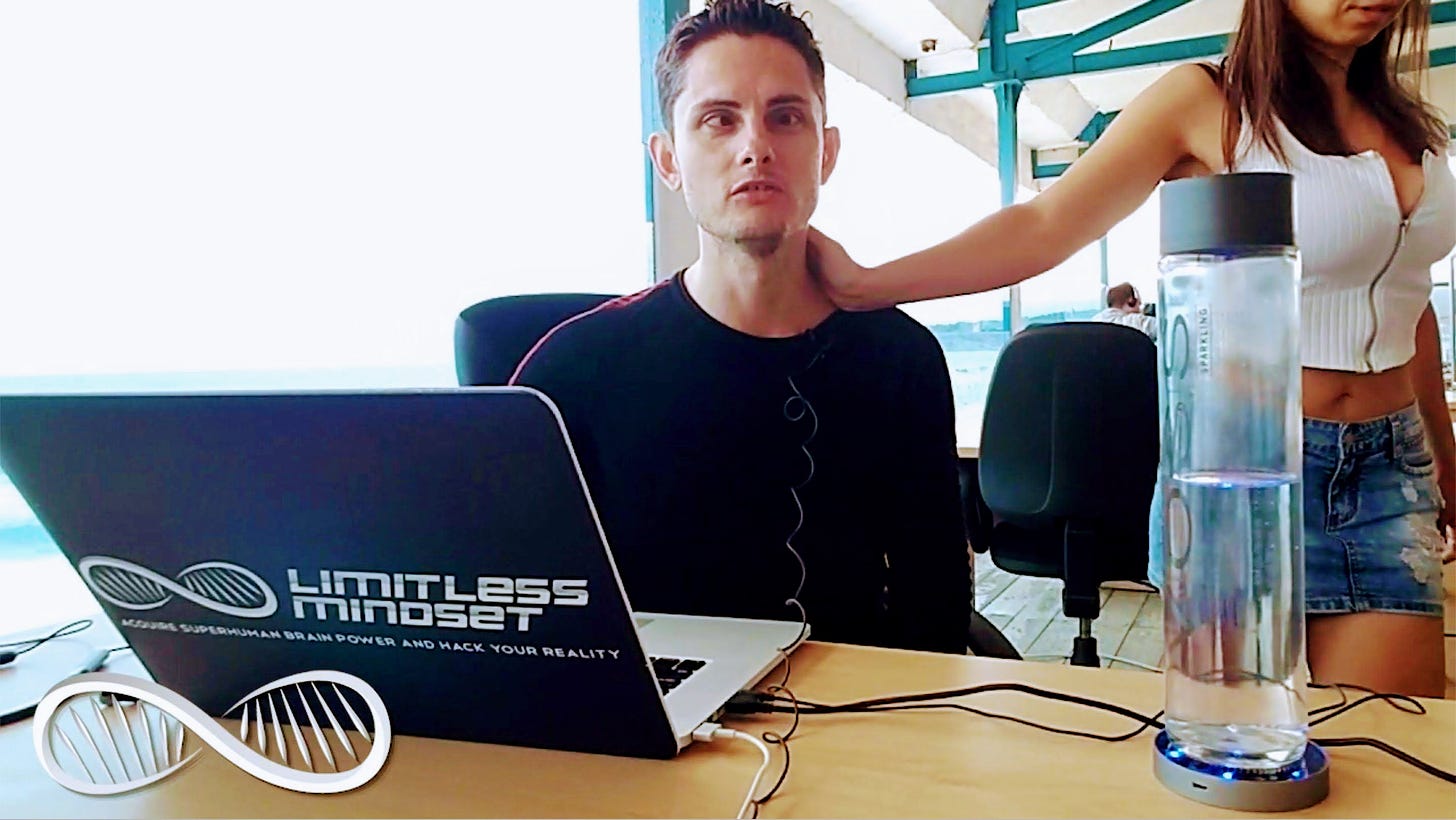



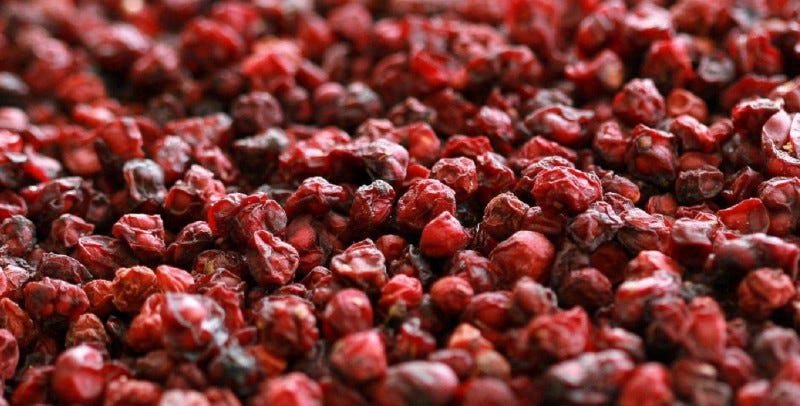


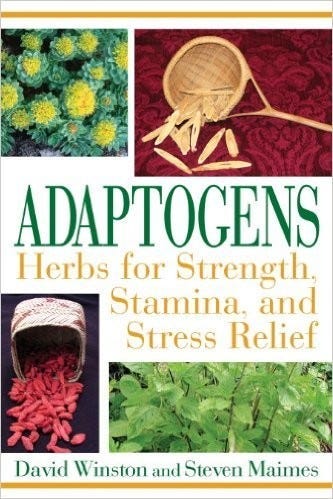



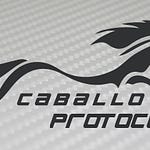
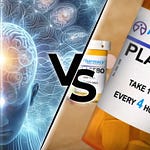



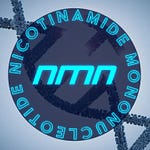

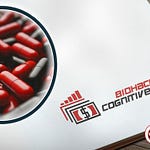


Why hepatoprotective herbs are essential for biohackers